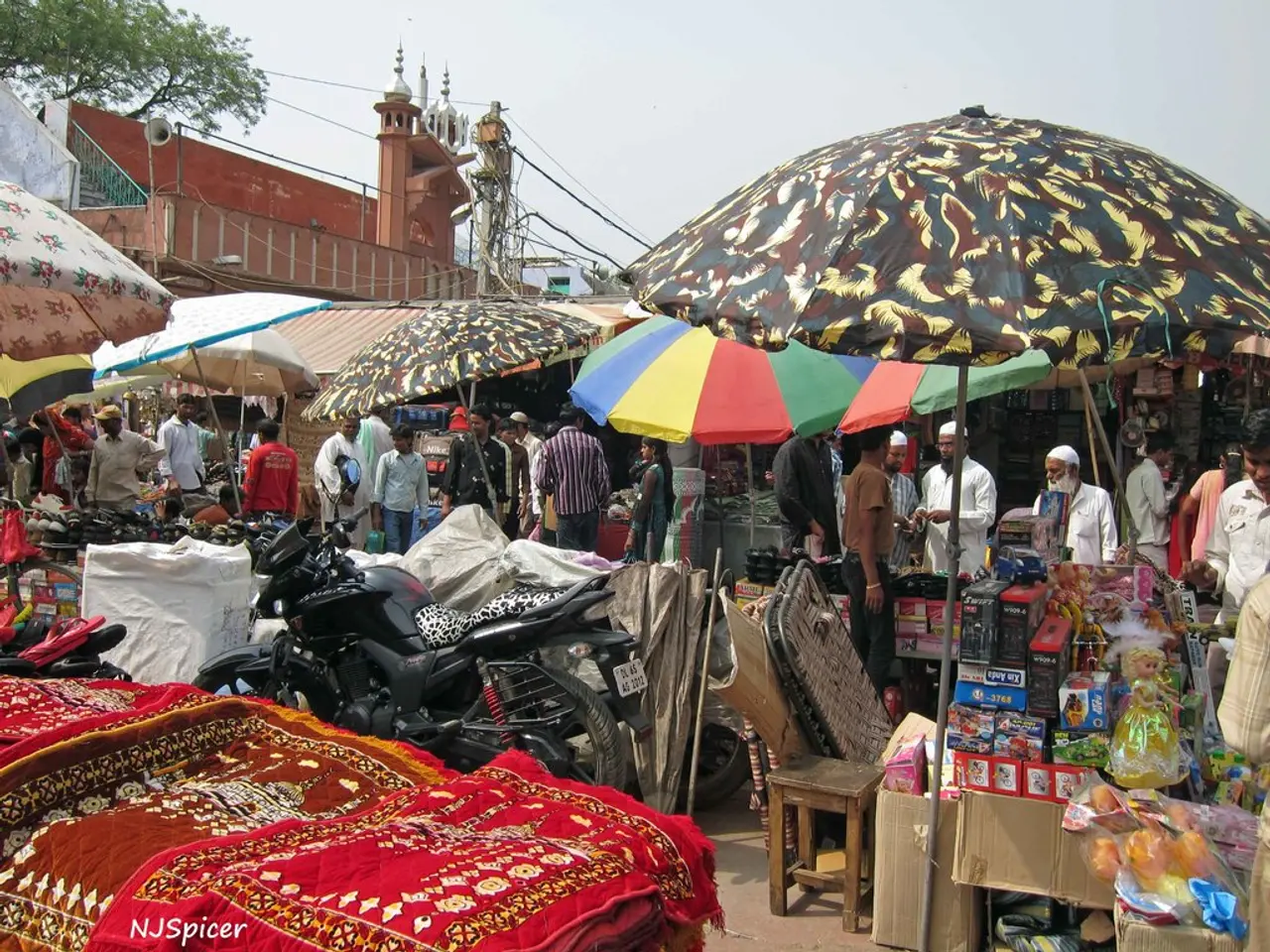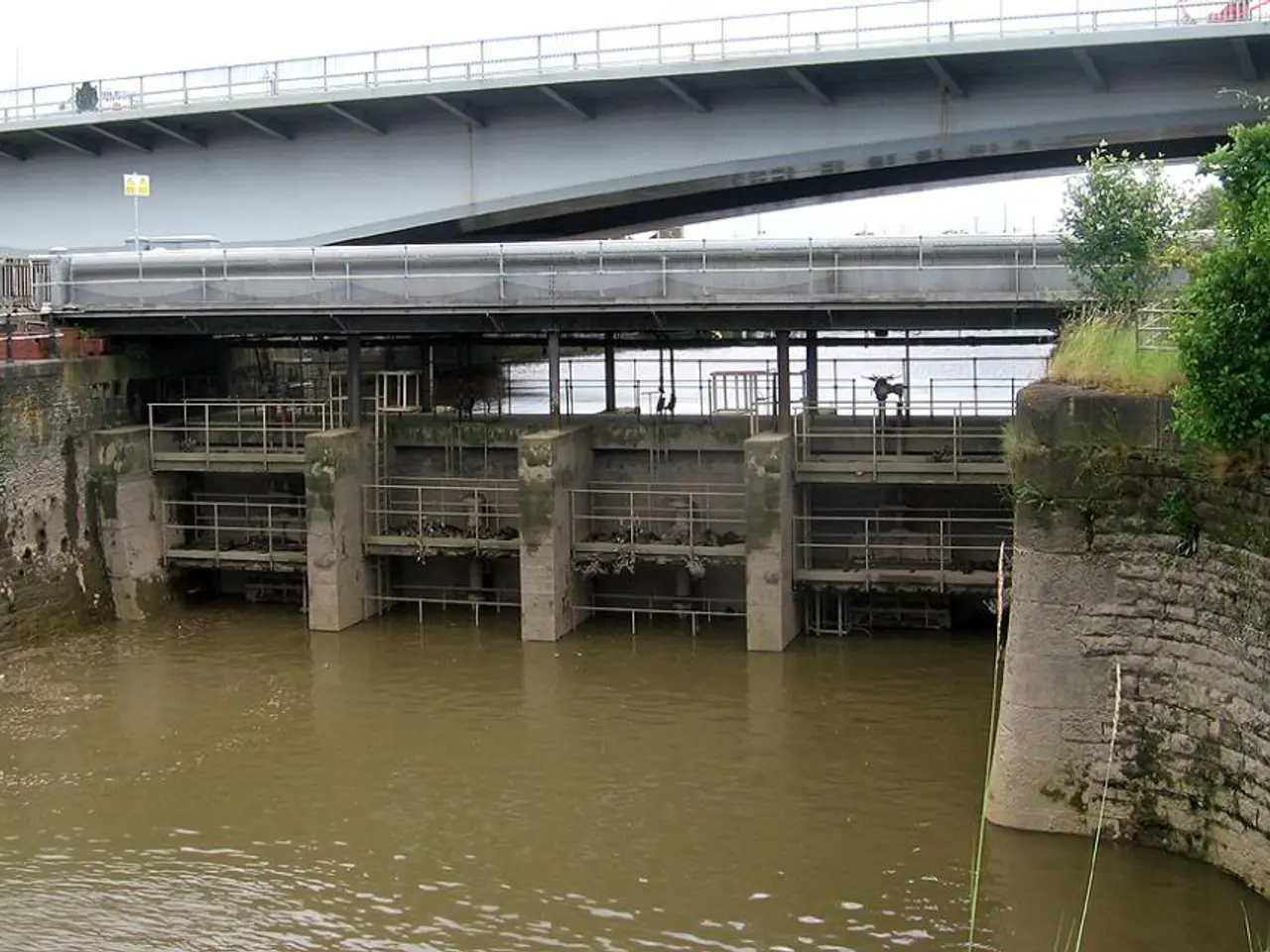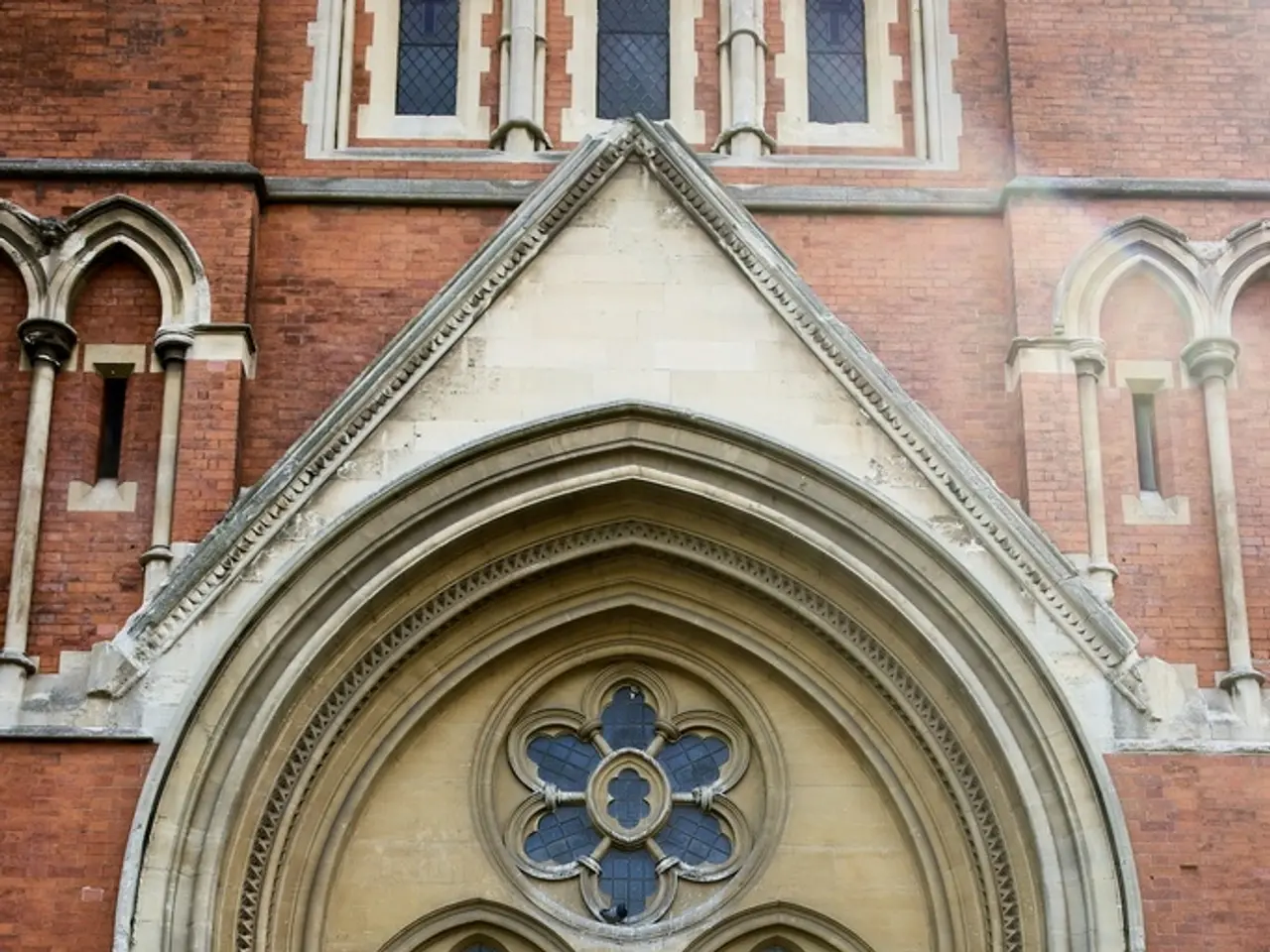UAE President and Prime Minister set to hold a meeting today.
In a significant diplomatic move, Sheikh Mohamed bin Zayed Al Nahyan, President of the United Arab Emirates (UAE), is currently visiting Pakistan at the invitation of Prime Minister Shehbaz Sharif. This visit, which took place on 30 January 2023, marked a pivotal moment in the bilateral relationship between the two nations.
The high-level talks between the leaders took place at Qasr Al Shati in Abu Dhabi, with both leaders exchanging Eid Al-Adha greetings and discussing a wide range of issues. The discussions focused on strengthening bilateral ties, especially in the economic cooperation, investment, and development sectors. Both leaders reaffirmed their commitment to expanding the strategic partnership between Pakistan and the UAE in line with shared national goals.
Regional and international developments were also a key topic of discussion. The leaders emphasized the importance of supporting efforts to promote peace and stability globally, with the UAE's role in defusing recent military tensions involving Pakistan being highlighted.
Prime Minister Shehbaz Sharif expressed gratitude for the UAE’s diplomatic leadership and its continued support to Pakistan, including financial assistance during Pakistan’s recent economic challenges as well as development initiatives. The leaders acknowledged the longstanding brotherly relations based on mutual trust, shared values, and decades of cooperation. Both pledged to maintain close coordination and advance their shared goals of regional peace and prosperity.
Sharif extended a renewed invitation to Sheikh Mohamed bin Zayed Al Nahyan to visit Pakistan, which was warmly received. The visit included a high-level delegation accompanying PM Sharif, reflecting the importance of the visit in deepening multifaceted cooperation between the two countries.
This visit underscored the deep-rooted fraternal ties between Pakistan and the UAE, highlighting the UAE as Pakistan’s third-largest trading partner and a critical ally amidst Islamabad’s economic revival efforts. The UAE has shown keen interest in making investments in Pakistan, with the UAE President's visit to the capital city underscoring crucial conferences, specifically the one-on-one with President Shehbaz Sharif.
Prime Minister Shehbaz Sharif hosted a luncheon in honor of Sheikh Mohamed bin Zayed Al Nahyan at the President's House. The UAE has previously assured Pakistan of its support in overcoming its current financial difficulties, further strengthening the bond between the two nations.
Despite the public holiday declared in the capital city to commemorate the visit, the Senate conference in Islamabad Secretariat was held according to schedule, but with a one-hour delay at 4pm instead of 3pm. All educational institutions, colleges, and public offices observed a leave, including CDA, SNGPL, IESCO, health centers, district management, and city corporation offices.
Foreign Priest Bilawal Bhutto Zardari was not present for the conversations as he remained in Moscow on the invite of his Russian equivalent. UAE Ambassador Hamad Obaid Ibrahim Salem Al-Zaabi has been in touch with the Prime Minister's House and Consular services for the effectiveness of the visit.
This visit by the UAE President is unusual as he accepted the invitation on short notice upon his arrival in Pakistan, underlining the importance of the relationship between the two nations. As the visit concludes, both countries look forward to a continued strengthening of their strategic partnership and economic cooperation for mutual benefit and regional peace and stability.
- The leaders discussed ways to support each other in various aspects, including health and general news, as part of their commitment to expand the strategic partnership between Pakistan and the UAE.
- During the talks, the importance of the UAE's role in mitigating war-and-conflicts and conflicts, such as the recent military tensions involving Pakistan, was emphasized.
- In the realm of politics, both leaders acknowledged the shared national goals of advancing migration policies that foster economic growth and social integration.






